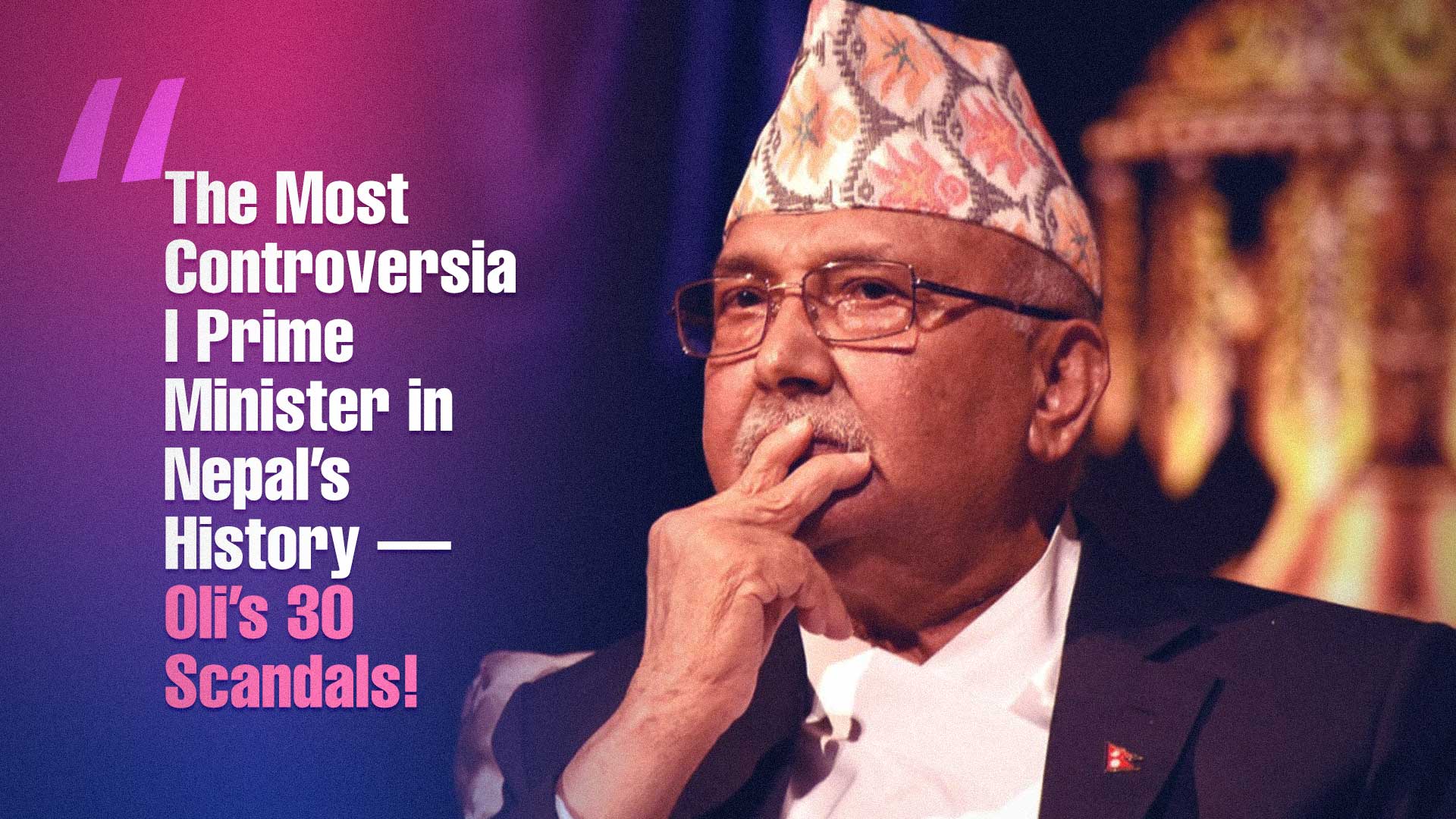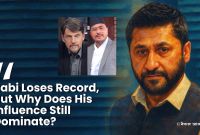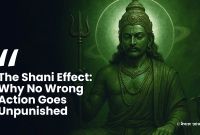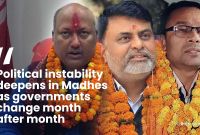The Political Journey of K.P. Sharma Oli: Nationalism Masking a Trade in Power

At first glance, former Prime Minister K.P. Sharma Oli’s political journey gleams with slogans of “nationalism” and “sovereignty.” But beneath this carefully curated image lies a complex web of power trade, corruption, and foreign alignment, particularly with Beijing. Oli portrayed himself as the symbol of patriotism and development, yet his governance revealed a different reality — one driven less by principle and more by political calculation and personal gain.
Oli repeatedly claimed to “defend Nepal’s independence and identity,” but his tenure was defined by rampant corruption, abuse of power, Chinese influence, and policy manipulation. From the Belt and Road Initiative (BRI) to the Global Security Initiative (GSI), Oli branded his foreign engagements as partnerships for progress, yet most were opaque, self-serving, and geopolitically tilted toward China.
During his rule, corruption scandals multiplied, administrative institutions were politicized, and loyalty often outweighed merit. Oli used the prime minister’s office as a stage for personal prestige and political vendetta. From the NPR 700 million bribe audio of Minister Gokul Baskota to the Yeti Group land deals, Omni medical procurement, and the Giribandhu Tea Estate scandal, each episode reflected a pattern of “making money in the name of nationalism and selling the nation in the name of friendship.”
Oli’s once-celebrated “nationalist image” has now become synonymous with Chinese shadow politics, contract mafia, and constitutional manipulation. His rule demonstrated that his devotion was not to the nation — but to the intoxication of power itself.
K.P. Sharma Oli’s 30 Major Controversies: The Shadow of Power and the Empire of Money
Oli’s tenure, draped in the rhetoric of nationalism, in fact represented a regime of transactional politics, Chinese loyalty, and institutional decay. These 30 controversies encapsulate the anatomy of his rule — a democracy bent to the will of one man.
1. The Giribandhu Land Scandal – Oli’s Royal Gift to Land Mafias
Oli’s government facilitated the sale of land from the Giribandhu Tea Estate in Jhapa to private companies. The Supreme Court ruled it unconstitutional, exposing direct collusion between policy and profit.
2. The NPR 700 Million Bribe Audio – Oli’s Silence on Minister Baskota
When Minister Gokul Baskota’s audio demanding a 700 million rupee commission surfaced, Oli shielded him and blocked investigation. The prime minister’s office became a sanctuary for corruption.
3. The Fake Refugee Scam – A Passport-for-Profit Network
Oli’s close aides were linked to a racket selling fake Bhutanese refugee identities to Nepali citizens. The network thrived under Oli’s watch, with key suspects allegedly protected by political influence.
4. The Yeti–Gokarna–Lalita Niwas Triangle – Businessmen Above the State
Leases of state property, including Gokarna Forest and Lalita Niwas land, were granted to private business allies. Critics call it “Oli’s political investment portfolio,” draining billions in public assets.
5. The Omni Deal – Pandemic Profiteering
During the COVID-19 crisis, Oli’s administration awarded irregular contracts to Omni Medical Supplies, profiting from inflated prices amid national desperation. The company was “blacklisted” for just one year — a farcical punishment for systemic corruption.
6. The 33-Kilo Gold Scandal – A Vanished Report
A report on the smuggling of 33 kilograms of gold disappeared from the Prime Minister’s Office. Oli never addressed the disappearance — silence that many saw as an admission of complicity.
7. The Pashupatinath Jalhari Scandal – Gold-Plated Devotion
Oli installed a gold-plated Jalhari at Pashupatinath under the guise of faith, but audits revealed financial irregularities. What he called “devotion” the nation saw as ritualized corruption.
8. The View Tower Project – A Monument to Vanity
Millions were spent on symbolic “View Towers,” touted as signs of progress. Most remain unfinished — monuments not of development, but of ego and extravagance.
9. Cooperative Fraud Cover-Up – UML Allies Protected
While citizens lost life savings in cooperative frauds, Oli shielded party-linked figures instead of demanding accountability. His silence became an act of consent.
10. Undermining the Judiciary and Parliament – The Face of Autocracy
Oli repeatedly challenged court verdicts and insulted parliamentarians who opposed him. Critics say he treated democratic institutions as inconveniences, not checks on power.
11. Pokhara International Airport – Debt Diplomacy Disguised as National Pride
Built under Chinese loans, Pokhara Airport was touted as a “symbol of pride.” Yet today, it has no international flights — only mounting debt.
12. The BRI Agreement – Nepal in Beijing’s Debt Trap
Oli signed the Belt and Road Initiative with little transparency, pushing Nepal into China’s financial orbit. Costs and conditions remain undisclosed, eroding sovereignty.
13. The GDI–GSI–GCI Alignment – Nepal Pulled into Global Power Rivalries
Oli’s endorsement of China’s Global Development, Security, and Civilization Initiatives fractured Nepal’s neutral foreign policy. The move alienated the U.S. and dragged Nepal into superpower rivalry.
14. Participation in China’s WWII Victory Parade – Breach of Non-Alignment
By attending China’s “Victory over Japan” parade, Oli symbolically broke Nepal’s neutrality, aligning with Beijing’s propaganda at the expense of diplomatic balance.
15. Offshore Investment in Cambodia – The Shadow Empire
Foreign reports alleged illicit investments by Oli’s family in Cambodia. Though never proven, the absence of transparency and unexplained wealth deepened suspicions.
16. Parliament Dissolutions – Constitutional Dictatorship
Oli dissolved parliament twice (2020, 2021), both deemed unconstitutional by the Supreme Court — a historic breach of Nepal’s democratic order.
17. The Constitutional Council Ordinance – Midnight Power Grab
Oli issued an ordinance to appoint 52 loyalists overnight, turning constitutional bodies into personal political instruments.
18. COVID Mismanagement – Laughter Amid Death
While citizens died gasping for oxygen, Oli joked on television that “ginger and turmeric can cure COVID.” His insensitivity became a symbol of failed leadership.
19. The “Enough is Enough” Protest – Youth vs. Arrogance
When young activists demanded transparency and healthcare reform, Oli dismissed them as “political agents.” The movement exposed a generation’s disillusionment with his rule.
20. The Madhes Crackdown – Violence in the Name of Nationalism
Dozens were killed during the Madhes protests under Oli’s orders. He justified it as “defense of the nation,” legitimizing state violence against dissent.
21. Ties with Gangster “Chari” – Politics Meets the Underworld
Oli’s proximity to underworld figure “Chari” blurred lines between crime and politics. During his term, criminal networks operated under political patronage.
22. Media Manipulation and Social Media Censorship – The Authoritarian Echo Chamber
Oli’s government intimidated journalists, withheld ads from critical outlets, and used cyber laws to silence online dissent. Independent media was replaced with “Oli media” propaganda.
23. The Anti-Unity Agenda – Crushing Communist Unification
Despite opportunities for left unity, Oli sabotaged the merger with Pushpa Kamal Dahal. He wanted one leader, not one party, fracturing Nepal’s communist movement.
24. Retaliation Against Former PM Madhav Kumar Nepal
The anti-graft commission filed a case against ex-PM Madhav Nepal under alleged influence from Oli — evidence of judicial tools used for political revenge.
25. Unkept Promises – Ships, Trains, Pipelines, and Empty Dreams
Oli promised gas pipelines, railways, and ocean-bound trade routes — none materialized. His “Vision of Prosperity” became an archive of false promises and rhetorical nationalism.
26. Expulsion of Bhim Rawal – Silencing Internal Dissent
Oli expelled senior leader Bhim Rawal from UML for questioning his leadership, turning the party into a private corporation of loyalty and fear.
27. The “Joker Prime Minister” – Laughter at a Nation’s Pain
Oli’s mocking tone during crises — from floods to pandemics — earned him the label “the Joker Prime Minister.” His sarcasm replaced statesmanship.
28. No Successor Allowed – The Politics of Eternal Power
Oli cultivated no new leadership. Every potential successor — Madhav Nepal, Bhim Rawal, Jhalanath Khanal — was sidelined or expelled. His legacy: a hollowed party, centered on one man.
Conclusion:
K.P. Sharma Oli’s reign will not be remembered for patriotism but for power worship disguised as nationalism.
He transformed institutions into tools of vengeance, diplomacy into debt, and faith into finance.
As critics summarize it:
“He earned money in the name of the nation — and sold the nation in the name of friendship.”




![From Kathmandu to the World: How Excel Students Are Winning Big [Admission Open]](https://www.nepalaaja.com/img/70194/medium/excel-college-info-eng-nep-2342.jpg)
